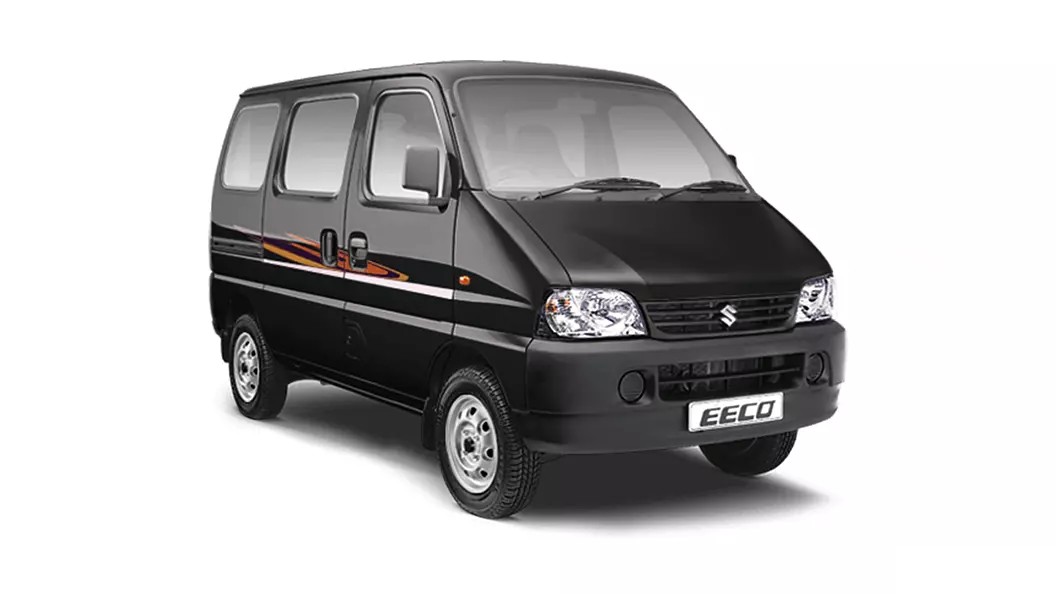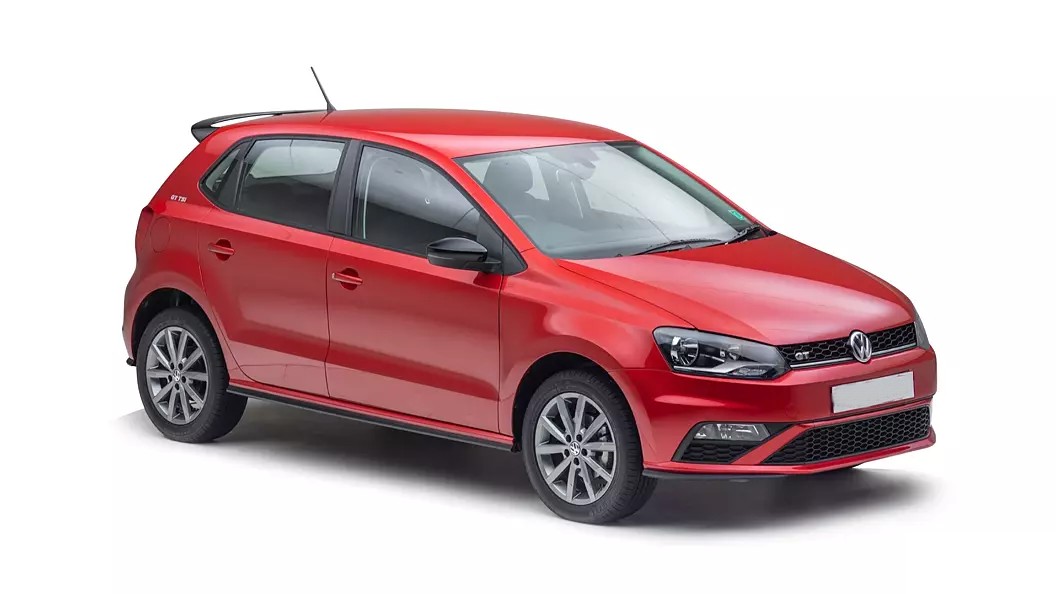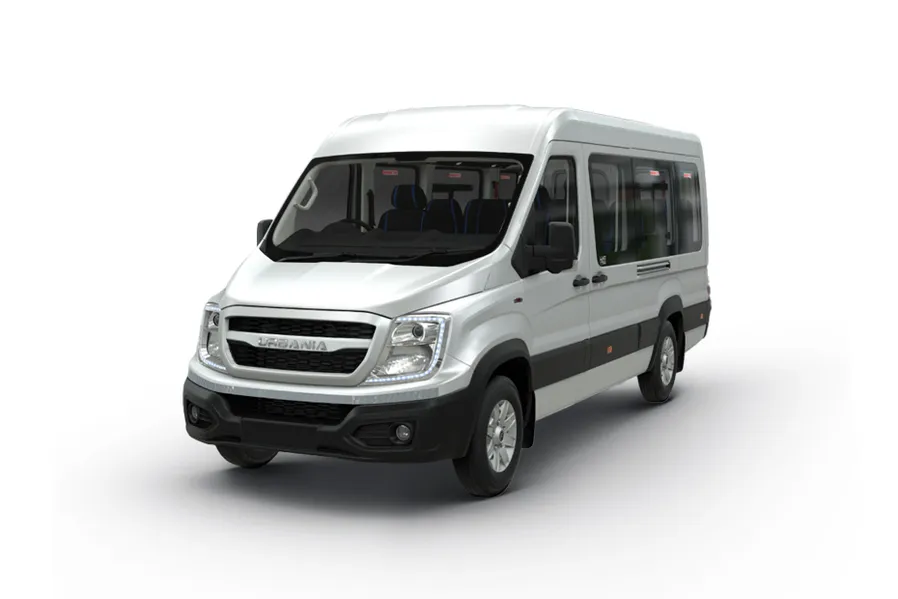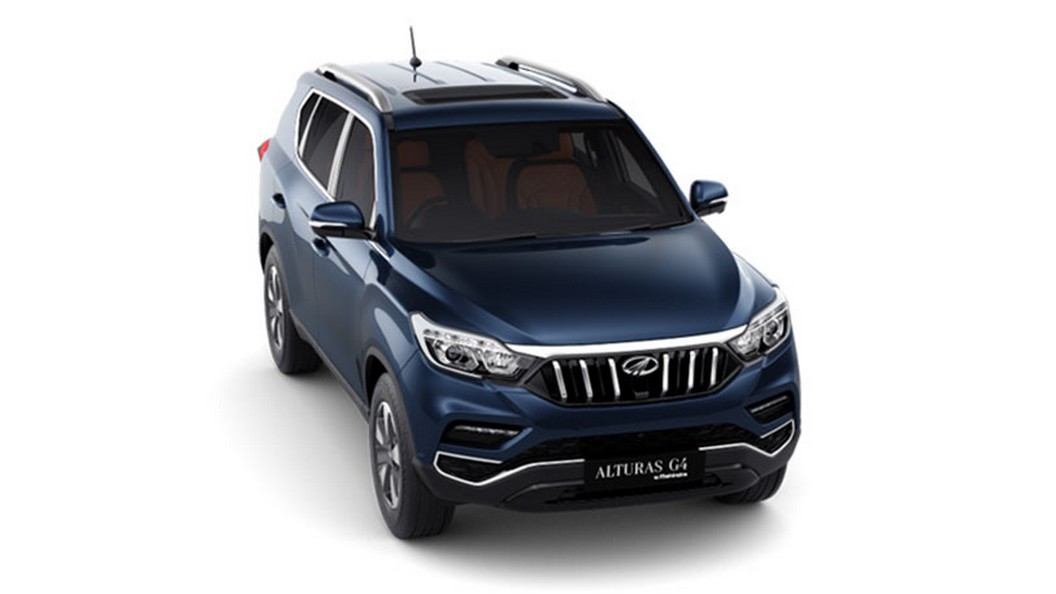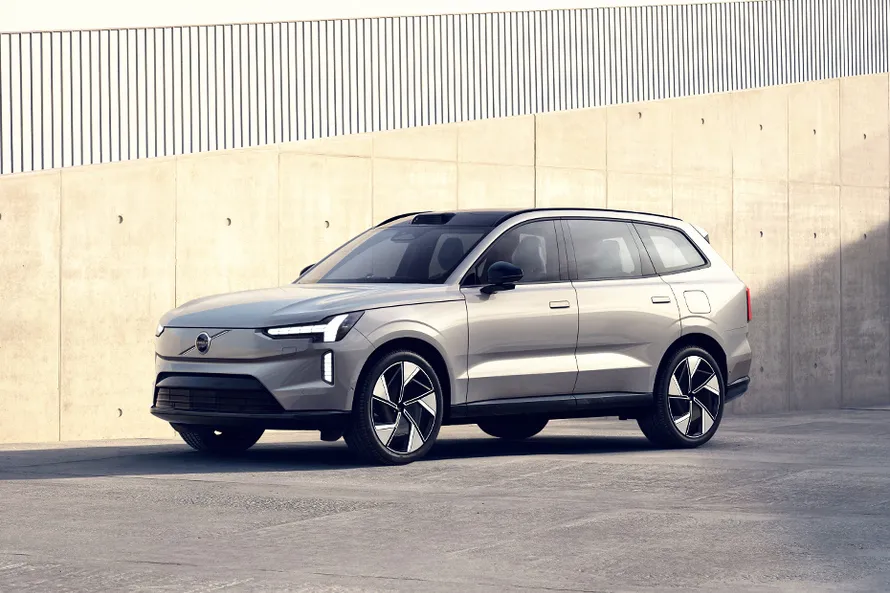Good News For Electric Two-Wheeler Buyers: The Government Has Extended The EMPS Scheme
2024-07-27 12:57:38
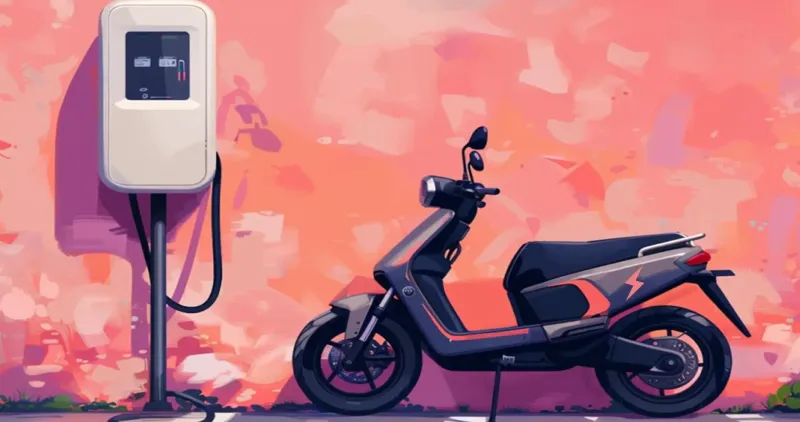
The EMPS program was supposed to end on July 31, 2024, but now it will continue until September 30, 2024. The government has also raised the budget for the program from Rs. 500 crore to Rs. 778 crore.
The program, which was supposed to end on July 31, 2024, will now go on until September 30, 2024. The government has also increased the budget for the program from Rs. 500 crore to Rs. 778 crore.
EMPS 2024, started on April 1, 2024, aims to encourage the use of electric vehicles (EVs) in India, especially two-wheelers (e-2W) and three-wheelers (e-3W) like e-rickshaws and e-carts. The program supports the government's green initiatives and helps grow the EV manufacturing industry in the country.
Under the new goals, EMPS 2024 plans to support 560,789 electric vehicles, including 500,080 two-wheelers (e-2Ws) and 60,709 three-wheelers (e-3Ws). The program emphasizes affordable and eco-friendly public transport, especially for commercially registered vehicles. However, privately or corporate-owned registered e-2Ws can also get incentives.
This new program comes after the very successful Faster Adoption and Manufacturing of Hybrid and Electric Vehicles (FAME) II program, which ended in March 2024. Over four years, FAME II provided subsidies for 13.65 lakh two-wheelers. When FAME II ended suddenly in March 2024, it caused a lot of problems in the electric two-wheeler market. Major companies saw a big drop in sales because prices went up by about 25%.
The extension and enhancement of EMPS 2024 are a welcome relief for the EV industry, which has been eagerly waiting for government support since FAME II ended. This move is expected to stabilize the market and encourage more people to use electric vehicles.
To promote advanced technologies, incentives under EMPS 2024 will only be available for EVs with advanced batteries. The program also includes a Phased Manufacturing Programme (PMP) to encourage domestic manufacturing and strengthen the EV supply chain, supporting Prime Minister Narendra Modi's vision of Aatmanirbhar Bharat (Self-Reliant India).
While the extension of EMPS 2024 is a positive move, experts point out that challenges still exist. These include the need for better financing options from banks and the challenge of attracting traditional two-wheeler buyers beyond early adopters. Additionally, technological issues, like the difficulty of making motorcycles electric (which many Indian consumers prefer), continue to slow down the adoption of EVs.
As the Indian EV market develops, both new companies like Ola Electric and Ather, as well as established players such as Hero MotoCorp, Bajaj Auto, and TVS Motor, are increasing their efforts in the electric two-wheeler sector. With the government’s renewed support through EMPS 2024, the industry hopes to recover from recent challenges.




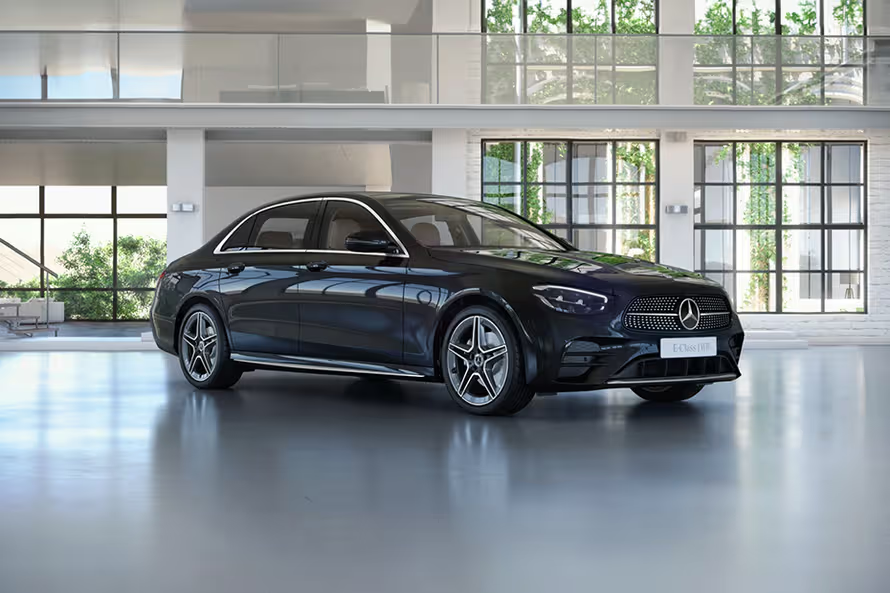
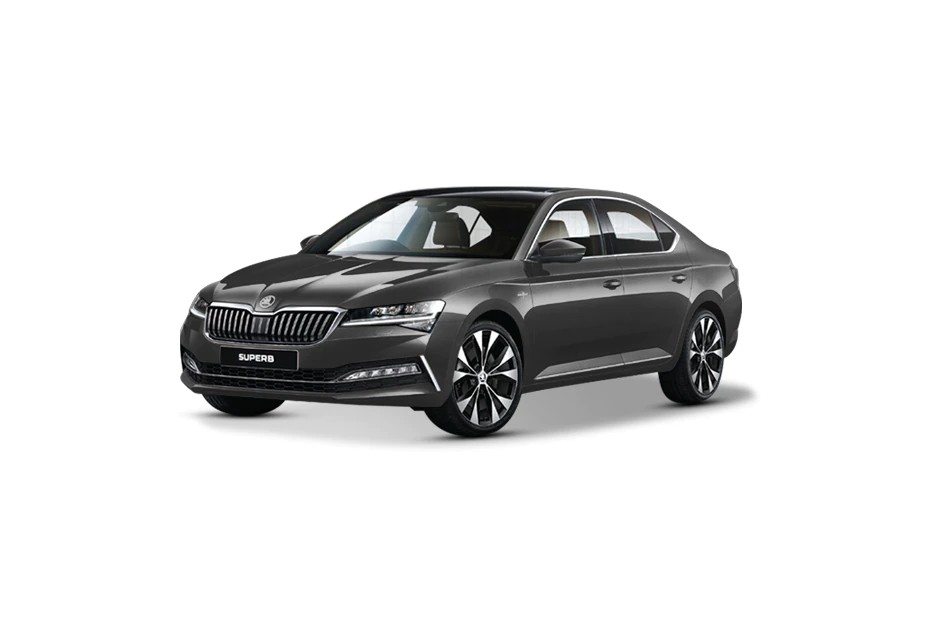
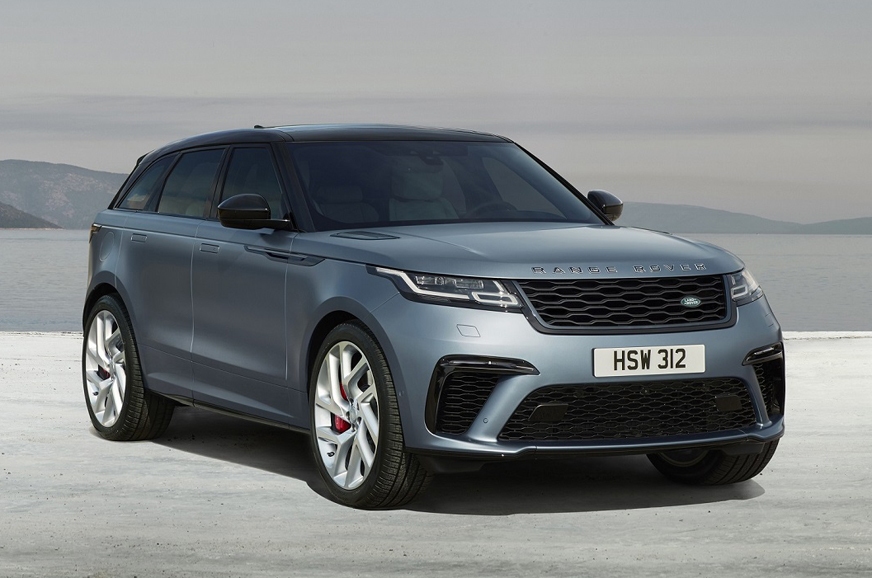

.jpg)









